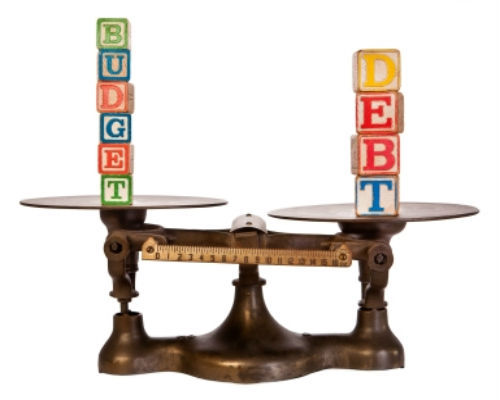
If you are cribbing about your job, people you have to work with, constraints in doing what you have to do – just switch on the TV and you are sure to feel better. There is one unenviable job out there that Mr. Pranab Mukherjee is doing and the rest of the country is up in arms to judge his performance. At least for some of you it’s just the boss!
A Reuters report says, “The only thing going for Manmohan Singh government’s budget is that expectations are low”. However, the wish lists and expectation reports seem to be doing the usual rounds.
This budget at this juncture of economic and political crossroads, should focus on two things – reducing fiscal deficit and getting the economy back on the growth path.
India’s fiscal deficit was very optimistically projected to be about around 4% to 5% in the last year’s budget. By fiscal deficit we mean the difference in the government’s expenditure and government’s income. Against the projection, the actual fiscal deficit is close to about 8%, the highest in emerging Asia.
Higher fiscal deficit means increased government borrowing, which means high interest rates, which means high borrowing costs for industries as well as the common man, which means lesser disposable income in the hands of the citizens and higher cost of products and services, which means lower growth rates, which in turn means stock markets don’t take off, which may result in erosion in investor value, which means many many more things..
So, high fiscal deficit has resulted in reduced growth rates and therefore the focus of both of these together in the budget. Fair.
How do we cut fiscal deficit? Increase income and / or reduce expenditure, preferably both.
Increasing income means increase taxes. He could increase direct taxes – like the income tax rates, reduce exemption limits, disallow deductions permitted, and bring in more people into the tax net. But that is not populist. With the government’s diminished support from allies and the opposition getting stronger, though fragmented, non-populist measures will never go past the FM’s cabin, if at all it goes through his mind.
Or he can increase indirect taxes – bring in more services into the service tax net and increase excise duty. That may face lesser resistance. An amnesty scheme like the VDRS that will help unaccounted money float back into the system may help.
Reducing expenses can probably come from cutting down subsidies – fuel, fertilizer and the likes. Fuel subsidies if cut now, will further throw inflation out of gear. Fertilizer subsidies too cannot go because that will trigger frenzied opposition from allies like Trinamool Congress. So, these seem more likely on paper than in the Parliament. Fiscal consolidation may continue to be a challenge. Maybe FM can make a more realistic projection and that could be some face saving.
On growth, big bang reforms like FDI in retail look more a mirage in the horizon. But the not so big bang like on personal taxes – increasing deduction limits under Sec 80C (for investments) and Sec 24B (interest on home loans) given the increase in both property values and interest rates or increase medical reimbursement limit to Rs.50000 from its existing Rs.15000 may put more money in the hands of the aam aadmi. This may indirectly propel growth from increased retail spending and higher investments.
So, we understand Mr.FM has his constraints. We only hope he would keep in mind the long term future of this country and its citizens rather than keeping watch over the short term (polls in 2013) while he signs off on the budget.